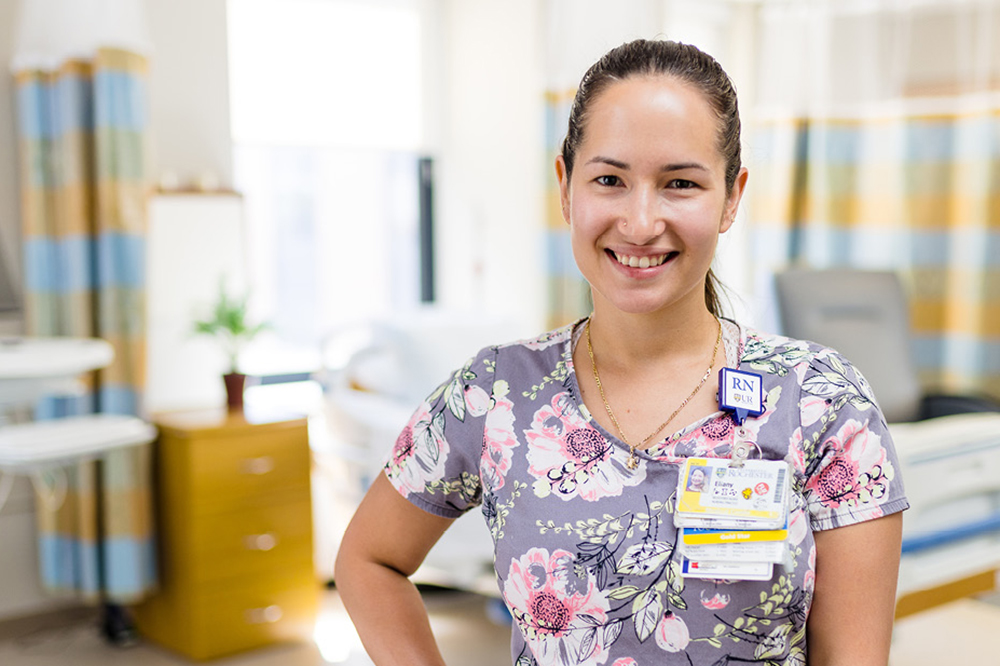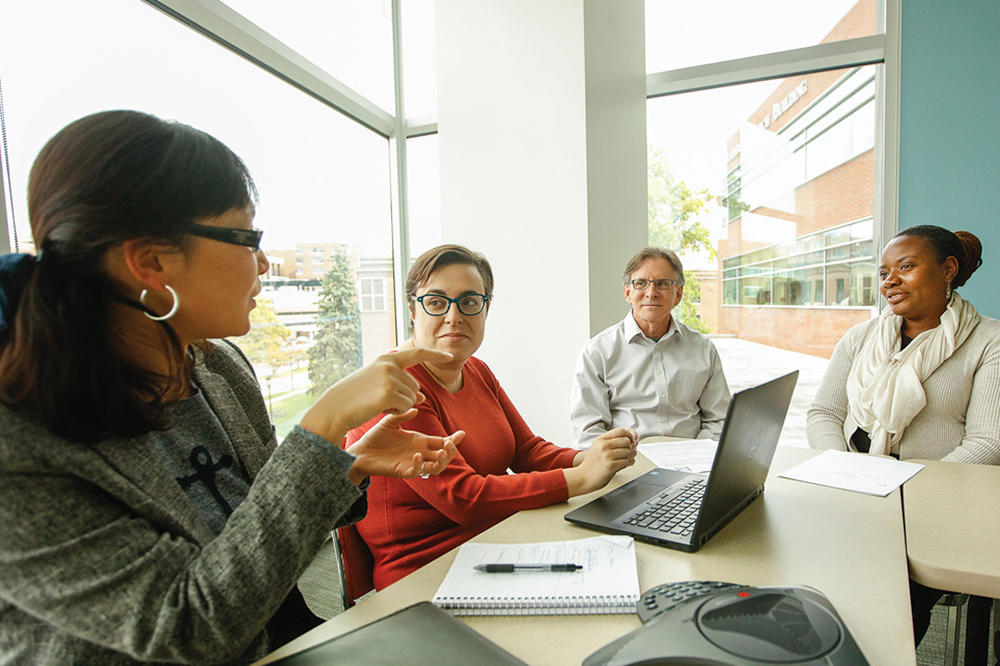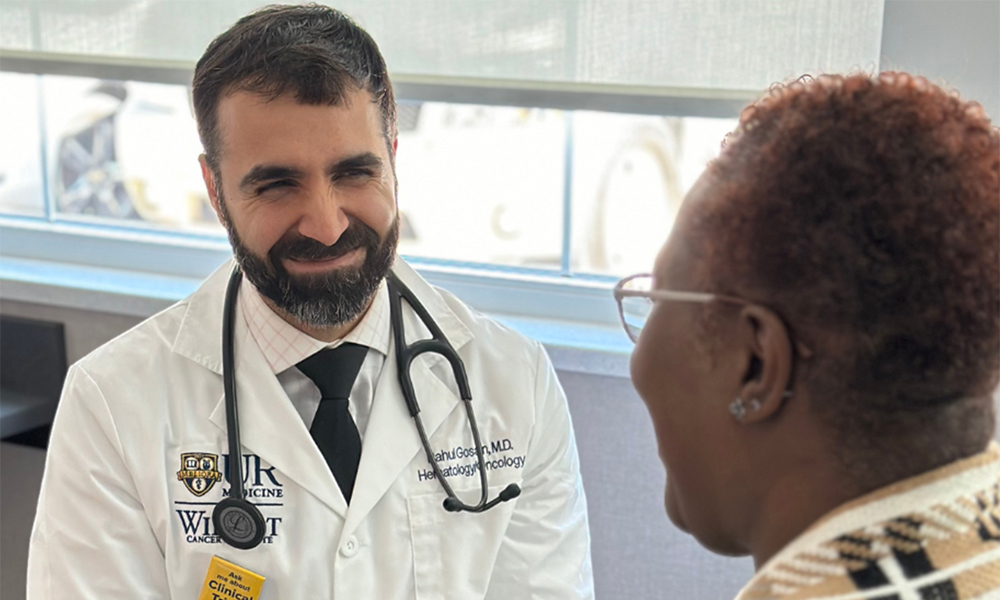Careers
It's Our People Who Make the Difference
We are a team of 20,000-plus team members working together to make award-winning research, education and patient care a reality. And we’re looking for passionate, talented people who want more than a job — people who are inspired to care for one another and help make the world a better place. People inspired, like us.

Radiology Techs
Radiology technologists prepare patients for imaging procedures, follow precise instructions for obtaining quality images, and work closely with physicians to evaluate images.
Ambulatory Care Techs
Ambulatory care technicians support providers and nurses with clinical tasks and assist with minor procedures.
Faculty/Physicians
Open faculty/physician positions at the University of Rochester:
Nursing Careers
Whatever your clinical interest or experience level, we have the right nursing opportunity for you.
Social Workers
Social workers are in both the hospital and community locations, and provide a variety of preventive, clinical, and supportive services to patients and their families.
Postdoctoral Positions
Open postdoctoral positions at the University of Rochester:
Life at URMC
Our teams collaborate and support each other through our values of Integrity, Inclusion, Compassion, Accountability, Respect and Excellence – what we call ICARE. Our extended family of faculty, staff and clinicians work together, lean on each other and cheer each other on. On good days and hard days, we show up for each other and for those who depend on us.
From a comprehensive health and wellness program to professional development and world-class educational opportunities you’d expect from a leading academic medical center, we’ve got you covered.

Total Rewards: Pay, Perks and More for Your Life and Wellbeing
We value our employees and proudly offer a comprehensive benefits and compensation package called Total Rewards. Going far beyond compensation, Total Rewards include comprehensive healthcare, generous paid time off program, robust retirement, wellness opportunities, tuition waivers, a home ownership program, staff awards and recognition programs for many employees.
Investing in Your Growth and Success
We value all of our people and what they bring to work every day. And while we celebrate both our individual and collective achievements, we also recognize that your journey is as unique as you are; it’s constantly evolving, just like you. Our commitment is to provide you with the education, resources and support you need to power that journey. To realize your goals and encourage new ones.
That’s why we offer growth and development programs designed to help both current and new employees as they navigate their individual career journeys at URMC. For many roles, this includes career coaching and pathing, tuition support, a host of training opportunities, and a direct connection to our hiring managers who can help locate mentors, new opportunities, and more.
SMH Ranked as Upstate New York’s #1 Hospital
Thanks to the hard work of our exceptional clinical care teams, we are proud that Strong Memorial Hospital is recognized as the #1 hospital in the Rochester region and the top hospital in NY outside of the NYC area by U.S. News & World Report. We work every day to advance care, making outcomes and your experience better.

By the Numbers
#1 Ranked Hospital in Rochester (U.S. News & World Report)
56,000 Jobs generated across Upstate New York
100% Score for LGBTQ Healthcare Equality (Human Rights Index)
Join One of Our Affiliated Healthcare Organizations
UR Medicine and the University of Rochester Medical Center are affiliated with several hospitals and other healthcare service providers in the area. Explore opportunities by location: